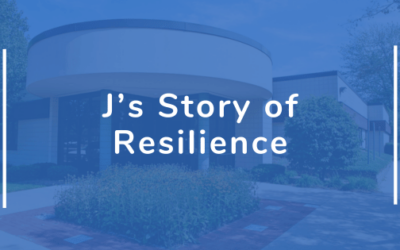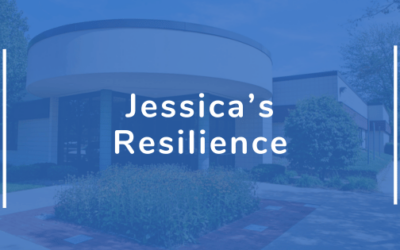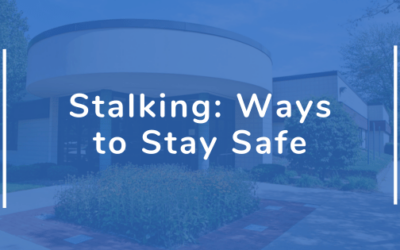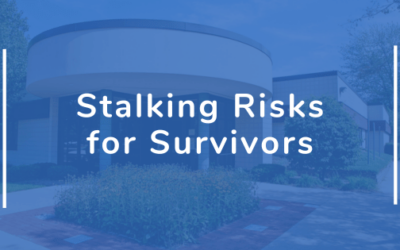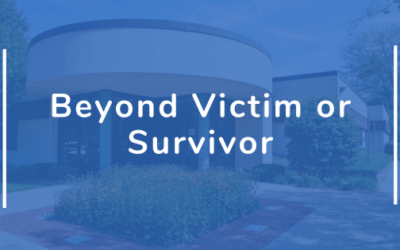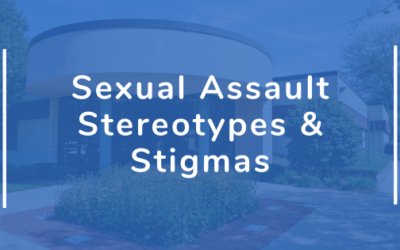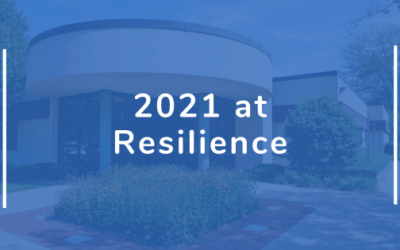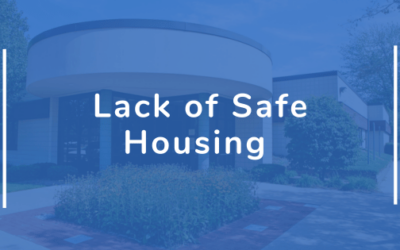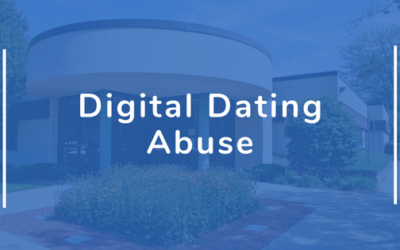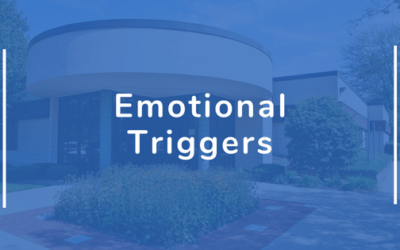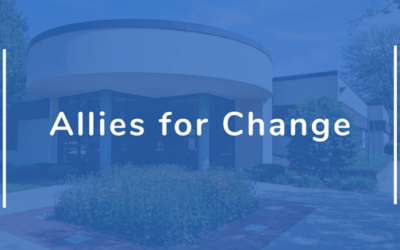Resilience Blog
News & Events
“Maid” Details the Journey of Leaving Abusive Relationships
We encourage you to watch this captivating 10-episode series on Netflix and join us virtually on November 11th at 12PM as we discuss “Maid” in depth.
J’s Resilience, The Story of Mariposa
**TRIGGER WARNING** This story contains content related to domestic violence. Click to read the third and final story of The Resilience Series, J’s Resilience.
Savannah’s Resilience
**TRIGGER WARNING** This story contains content related to physical violence, sexual assault, and child abuse. Click to read the second story of The Resilience Series, Savannah’s Resilience.
Jessica’s Resilience
**TRIGGER WARNING** This story contains content related to physical violence, sexual assault, and child abuse. Click to read the first story of The Resilience Series, Jessica’s Resilience.
What You Need to Know About Domestic Violence
Many people are quick to think that Domestic Violence means that one partner is physically assaulting the other – but it is so much more than that. Read more to learn how you can get involved with DVAM!
Stalking: Ways To Stay Safe
When someone is being stalked, they may feel helpless and confused. However, you have some control over your situation. Let us share steps you can take if you feel someone may be stalking you.
Stalking Imposes Serious Risks for Survivors
When someone is being stalked, there are very few places that are truly safe. Stalking can pose a serious risk for survivors attempting to find a safe place to stay after an abusive relationship.
Beyond Victim or Survivor
When connecting with individuals who have experienced domestic violence, sexual assault, and/or stalking, the terminology you use has the ability to foster or hinder the healing journey.
Sexual Assault Stereotypes & Stigmas
Collectively, we can achieve an empowering culture that allows survivors to freely and justly use their voice. Read more to learn how to challenge stigmas and stereotypes surrounding sexual assault.
Hair Salons Offer Lifelines for Survivors
Resilience is proud to offer training that provides salon owners and employees tips for recognizing domestic violence among their clientele and discreetly getting important safety information into the hands of domestic violence victims.
2021 at Resilience
While our services currently remain predominantly virtual, we wanted to highlight the work Resilience is doing at this time and what services look like today. Free and confidential support is always available.
Supportive Housing Creates Safer Futures
Without access to safe, affordable housing, many victims are reluctant to leave their abuser. Securing long-term housing is a crucial step on the pathway to a survivor’s security and well-being.
Lack of Safe Housing Can Keep Victims from Leaving
Creating a long-term, sustainable and affordable housing plan is a serious barrier that survivors of abuse are facing today. Many survivors often feel that they must choose between homelessness and enduring abuse.
Resilience Fall Support Groups
Though our in-person support groups are on hold, we wanted to offer a space for survivors to connect with others, discuss coping strategies, and find comfort during a difficult time.
Behind the Screens: Digital Dating Abuse
An abuser may attempt to gain control over their partner through perpetrating digital abuse. Young people in dating relationships are especially prone to this type of abuse.
Domestic Violence & Technology Safety
While technology can be an incredibly useful tool that helps bring people together, it can also be used as a controlling tactic in an abusive relationship. This blog explores how technology can be misused by abusers.
Traumatic Events & Emotional Triggers
Recent world events are resulting in many survivors re-experiencing a time when safety, trust, and control were taken from them. Whether you are in need of assistance to help you cope with something that happened to you 4 hours ago or 4 decades ago, we are here.
Defining Masculinity: Allies for Change
It is time that men begin to embrace a healthier, more respectful manhood. We can promote a better society for all. We must to begin to view sexual and domestic violence as an issue we ALL need to care about. This is how we’re going to create lasting change.

Advocates For Ending Violence
Resilience is dedicated to ending domestic and sexual violence. We offer supportive services and safe housing to survivors of domestic and sexual abuse, and we provide programs to engage and educate community members to help end abuse before it begins.

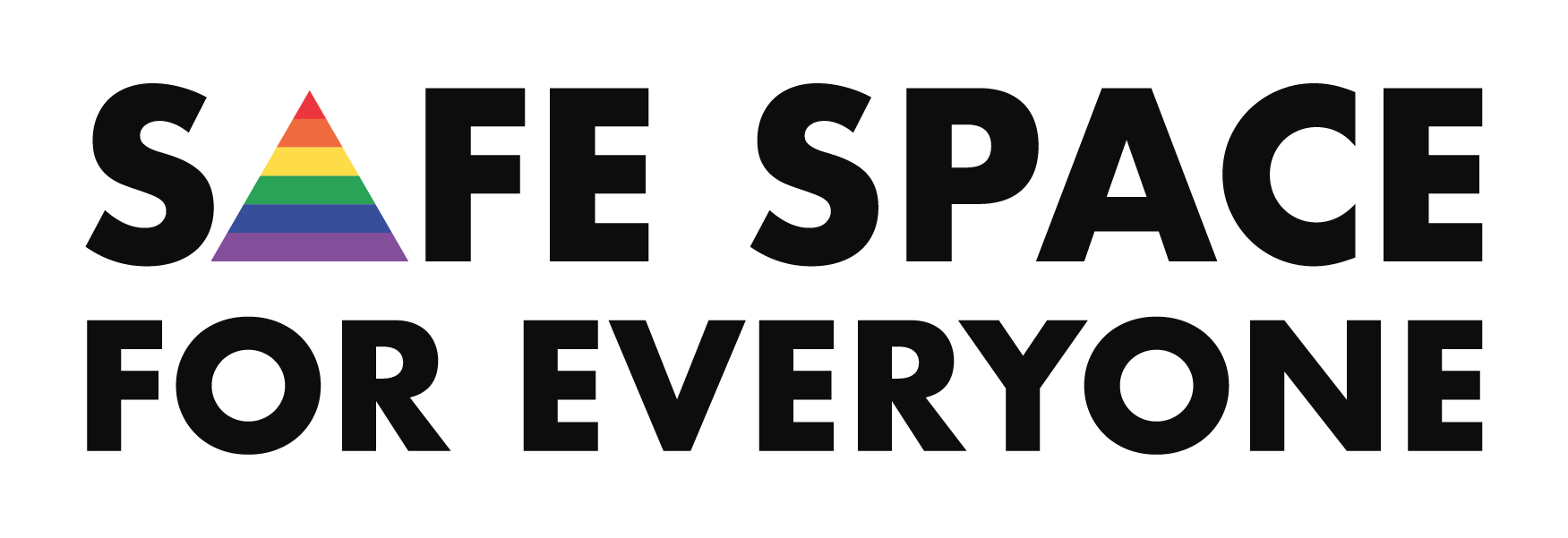
Make A Donation
Your contribution allows us to provide confidential services to all survivors, free of charge.
Reach Out To Us
We are here for you, no matter the time of day. Get the support and security you need.

Advocates For Ending Violence
Resilience is dedicated to ending domestic and sexual violence. We offer support, services, and safe housing to survivors of domestic and sexual abuse, and we provide programs to engage and educate community members to help end the cycle of abuse before it begins.
Make A Donation
Your contribution allows us to provide confidential services to all survivors, free of charge. Thank you for your support.

Reach Out To Us
We are here for you, no matter the time of day. Get the support and security you need.




